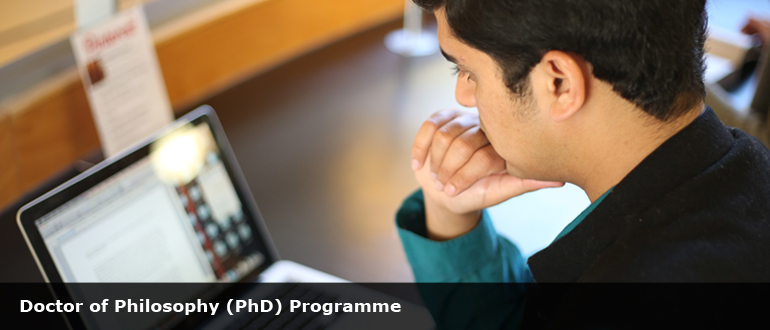
| Key Facts | |
| Course length | 3–4 years Full-Time | 5–7 years Part-Time |
| Number of students admitted 2024 | 57 Full-Time | 12 Part-Time |
|
20 Home | 49 Overseas |
|
Postgraduate Open Day
Each year the University holds a Postgraduate Open Day where potential applicants can ask staff their questions, find out more about the application process, and explore Cambridge virtually.

Research Community
We currently have over 300 full- and part-time PhD students in the Faculty of Education from more than 50 countries. They make an important contribution to the vitality of the Faculty's research culture and to its outstanding reputation internationally.
The Faculty of Education in Cambridge is one of the UK's key centres for educational research, carrying out an extensive range of externally funded research projects. We have long established relationships with national and international agencies and institutions.

ESRC Doctoral Training Partnership
The Faculty is a participating department in the ESRC-CAM Doctoral Training Partnership, which supports postgraduate training in the social sciences, offering funding and development opportunities for doctoral researchers.
The DTP is awarded an annual quota of studentships, further details of which can be found on the Prospective Students page.

PhD Programme Structure
The first year builds community amongst doctoral students and provides sessions designed to inspire multi-disciplinary discussions. At the end of the first year students submit a registration report with their detailed research plans, and attend a registration viva. Upon passing the viva, students are formally registered for the PhD.
In the second year, students normally conduct fieldwork for 2–3 terms and start data analysis.
The third year is devoted to data analysis, writing up and submission. For part-timers, these elements are spread over 5 years.
The PhD is not a distance learning programme.

The PhD Thesis
The main purpose of the PhD is to prepare a substantial piece of original research which makes a significant contribution to the field.
The final award of the degree is decided solely on the assessment of the PhD dissertation and the candidate's performance in the final oral examination. Many students publish parts of their research after the award of their degree or en route to it.
